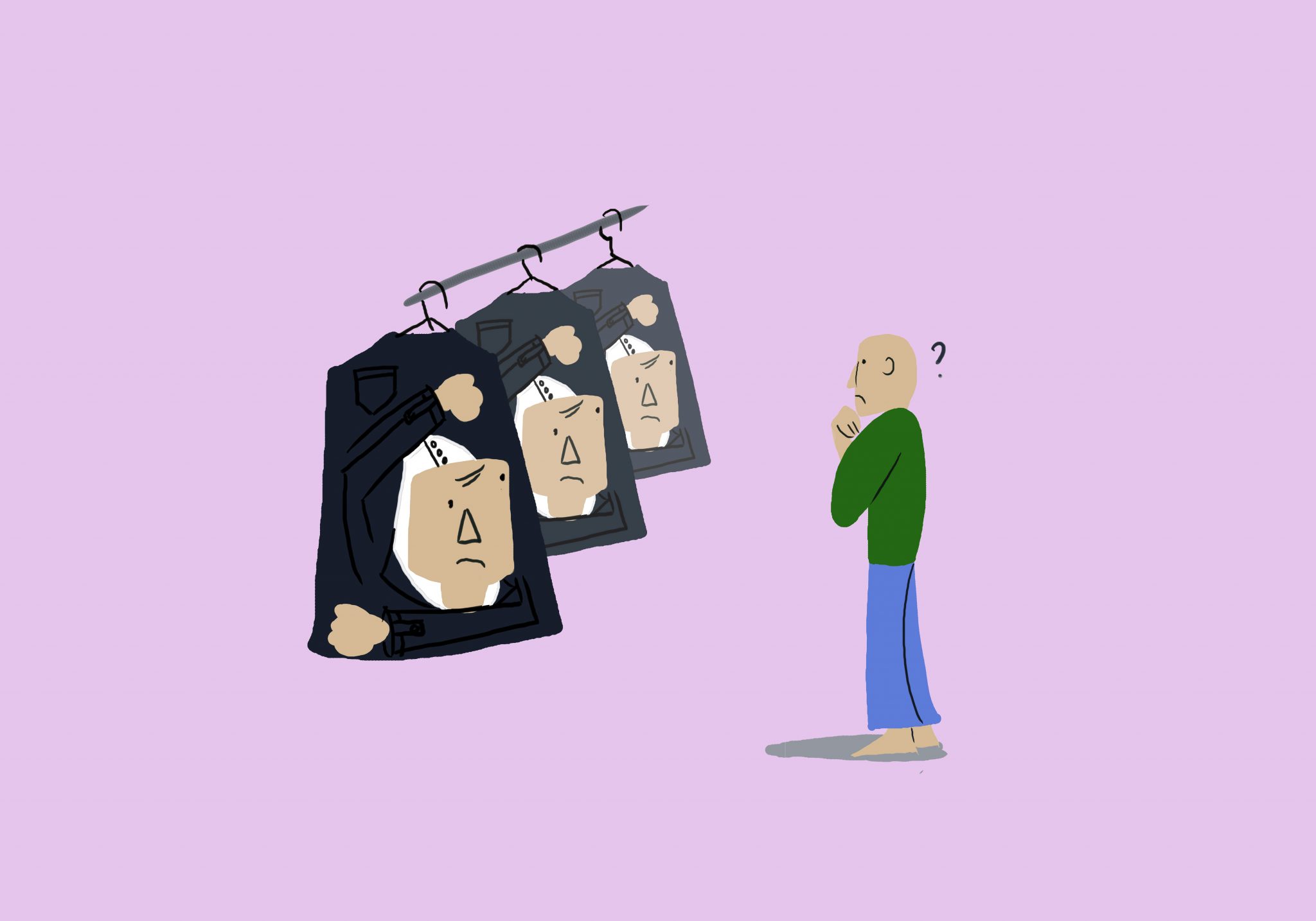Laurier professor investigates the true influences of political campaigns


Jason Roy, an associate professor in the department of political science at Wilfrid Laurier University, has been conducting research on how individuals are influenced by different events or aspects of a political campaign.
Roy’s research looks at how individuals change the information they seek when they’re exposed to pre-election polls and whether or not this ultimately influences their vote.
“When one party is leading in poll results and one party is trailing, how does that change not just the vote but what information they then seek out?” Roy asked.
Over the last five years, Roy has been conducting online experiments that track an individual’s online behaviour.
The experiment tests two separate groups, creating scenarios where the only difference between the groups is one is exposed to election polls.
The experiment then tracks if this poll exposure ultimately influences their vote if it does at all.
Roy and his colleagues have conducted research in Canada, Australia, New Zealand and the United Kingdom, and will be launching studies soon in Argentina and the United States.
Research conducted so far has looked at the use of negativity in campaigning, the quality of the candidate and scandals both moral and financial in the public and private.
The focus of this is to analyze how the decision-making process changes the information that individuals look at after being exposed to the various bits of new information.
“For example, the star candidate, how does that change the way you process the election, the information you seek out and how you ultimately vote?” Roy questioned.
The future research hopes to reveal how the different political paths individuals take lead them to different outcomes and whether or not the path they choose can be manipulated.
There has also been a focus on determining whether those who are more politically aware or informed are less susceptible to be affected by factors such as this.
One of the biggest conclusions of the research conducted so far has been that better decisions are made when decisions are based on as much correct information one can compile before placing a vote.
“When people tend to give up or take shortcuts on the information search, the decisions they make tend to be less or have a greater potential to not reflect the true preferences they would have made, had they of engaged in a more detailed information search,” Roy said.
Roy began this study by looking at young people and their voting behaviour preferences.
“We tend to simply accept the fact that young people don’t vote,” Roy said.
“I was interested in how different types of electoral systems led young people in particular to shift the types of information they looked at, prior to casting a ballot.”
The future research hopes to reveal how the different political paths individuals take lead them to different outcomes and whether or not the path they choose can be manipulated.
“[The research is about] understanding how individuals might be manipulated to seek information or not seek, or change their preferences based on other information,” Roy said.
“If only certain parts of the population tend to shift behavior, that means there is potential for some parts of the population to be making choices that might not best represent their interest.”

